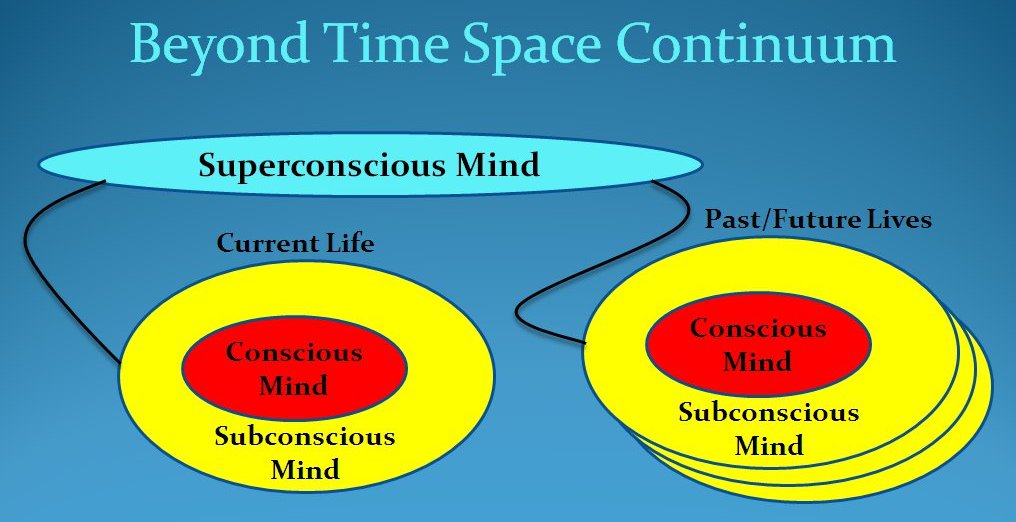BTW, this isn’t a Theravada forum, this is a forum for Early Buddhist Textual study and discussion. It so happens that the Theravada has well-preserved the EBT’s, but so have the Northern traditions. Most Theravadins actually favor the Theravada Abhidhamma and later commentaries to the EBT’s on most issues AFAIU.
“Astral travel” is a term associated with medieval European neo-Platonic esotericism (Alchemy, Hermeticism, etc.); the idea is that there are several realms including the Astral which as the name implies goes back to an idea that the stars (astrum) were made of a fifth substance (in a Platonic/Aristotelian elemental theory not unlike the Ancient Indian). There was thought to be some influence from the Astral realm (the stars/heavens and angels in a God-centered metaphysics) and the human, and that in OBE’s you could access this realm. So the whole “Astral” thing has more to do with Astrology and the history of Western Esotericism than Buddhism. Early Buddhism had a different “metaphysics”, if you will.
https://i.imgur.com/9sblBRO.jpg
The Buddha of the EBT’s lists out a few supernormal powers (6 abhiññā in the standard list I think).
When their mind has become immersed in samādhi like this—purified, bright, spotless, rid of taints, pliable, workable, steady, and imperturbable—they extend it and project it toward the creation of a mind-made body. From this body they create another body, physical, mind-made, complete in all its various parts, not deficient in any faculty.
Suppose a person was to draw a reed out from its sheath. They’d think: ‘This is the reed, this is the sheath. The reed and the sheath are different things. The reed has been drawn out from the sheath.’ Or suppose a person was to draw a sword out from its scabbard. They’d think: ‘This is the sword, this is the scabbard. The sword and the scabbard are different things. The sword has been drawn out from the scabbard.’ Or suppose a person was to draw a snake out from its slough. They’d think: ‘This is the snake, this is the slough. The snake and the slough are different things. The snake has been drawn out from the slough.’ In the same way, when their mind has become immersed in samādhi like this—purified, bright, spotless, rid of taints, pliable, workable, steady, and imperturbable—they extend it and project it toward the creation of a mind-made body. From this body they create another body, physical, mind-made, complete in all its various parts, not deficient in any faculty. This too, great king, is a fruit of the ascetic life that’s apparent in the present life which is better and finer than the former ones.
http://suttacentral.net/dn2/en/sujato#sc99
Frequently, when the supernormal powers are listed the Buddha makes the point that full liberation is greater still. (as happens in DN2, linked above)
(As a side note, I remember a friend commenting that the Buddha did praise those who developed the supernormal powers. For instance, Moggallāna who was foremost in such powers is sometimes referred to as Mahāmoggallāna (great Moggallāna) whereas Sariputta who was foremost in wisdom (and didn’t demonstrate such powers (afaiu, could be corrected on this)), was always just “Sariputta”.  )
)
There’s actually a sutta reference I can’t find at the moment that says something like “all these powers are only experienced by the individual” and so are illusory in a way. However, the way it seems in the EBT’s is that other people experienced these “magics”, such as when the Buddha scolds the monks for showing off their abilities in public (I think this is in the backstory to Parajika 4).
Personally, I’m skeptical that these experiences (although very real for the experiencer) extend into our shared reality (what modern Western people generally mean by “reality”). In other words, I think most of those stories of operating room OBE’s will have mundane scientific explanations. Perhaps some deep part of the brain can be aware, for instance, people in comas that have come back say they remember hearing things and general anaesthesia is just a controlled medically induced coma. So that you could hear a conversation or remember something that you weren’t consciously aware of or know the location of something based on sound.
I don’t think there’s much difference from “lucid dreaming” which is now scientifically demonstrable. It’s just that in OBE/Astral (of the type that people can “do”, not the “operating-room” variety) you go directly into a lucid dream, what a lucid dreamer would call a WILD (wake induced lucid dream), it’s just that because you’ve gone from waking right into a dream your memory of waking life flows right in. So you would get up and you’re in the room you just fell asleep in (unbeknownst to you yet), look around, and there’s you! Asleep! So what body is this? (like a reed and it’s sheath) The only thing it has to do with waking life/reality is your memory/imagination of such.
The US Government actually did some experiments with Remote Viewing (RV) because they had heard Russia was doing all sorts of spooky supernatural experiments, they later abandoned the project as it had failed to provide anything useful.
Many of the spiritual/magical/miraculous imaginings of peoples past have become real. Though technology — not in the way they imagined it! You can have a conversation in real-time with someone halfway around the world (telepathic communication). Disabled people can move objects with their brains through Brain-Computer Interfaces (telekinesis). You can access a good amount of the world’s knowledge through the internet (Akashic records). You can wear an invisibility cloak (US Military has apparently developed an invisibility-granting mirror-like nanomaterial). I could go on, but I think you get the point, all of these things are so readily demonstrable and yet the claims of the paranormalists go unverified.
Nobody has ever claimed James Randi’s “One Million Dollar Paranormal Challenge”.




